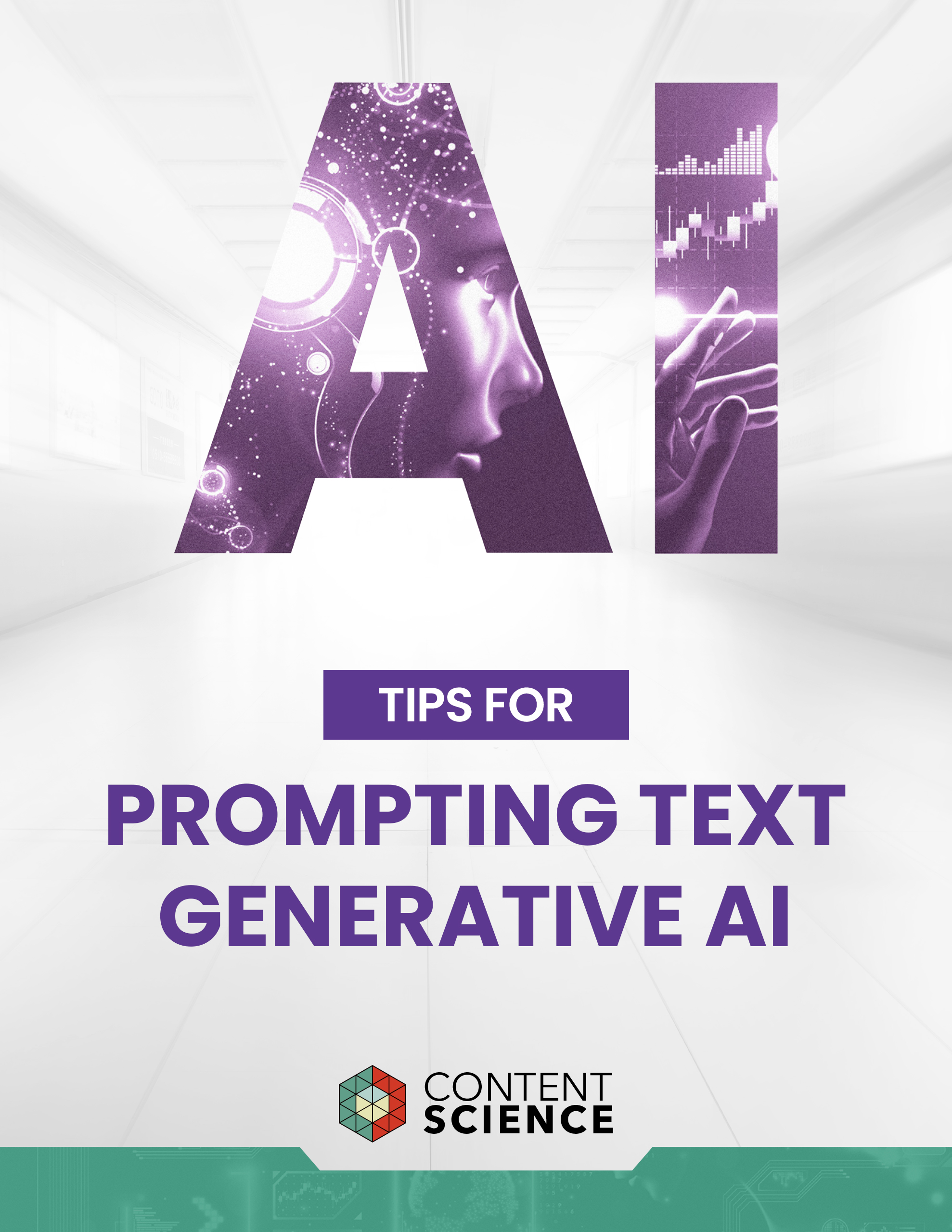
A content management system is a powerful tool for organizing, producing, and automating content. So what is a content management system or CMS? For starters, it’s a major category of content technology.
Here’s how Gartner defines content management systems: “Content management systems comprise a set of templates, procedures and standard format software that enables marketers and their proxies (e.g., webmasters) to produce and manage text, graphics, pictures, audio and video for use in Web landing pages, blogs, document repositories, campaigns or any marketing activity requiring single or multimedia content.”
Today, content management systems go beyond supporting the management of content on a website. A CMS can now deliver personal, real-time digital experiences to customers across multiple devices and platforms to meet their content needs.
Content Management Trends
Web content management is a cornerstone of a personalized digital experience for your customers, and the market for CMS products is only expected to grow in the future. An array of CMS options from data storage to project management will continue to expand to meet organizations’ evolving demands.
Projected growth of the CMS industry appears limitless and is expected to nearly double over five years. Experts predict that the web content management market will grow from $6.9 billion in 2021 to $14.3 billion by 2026. — Research and Markets
Organizations turn to a wide variety of CMS options. Content Science’s 2021 study of content operations found organizations are turning to CMS options ranging from open source (e.g., Drupal, WordPress) to enterprise and traditional CMS to headless CMS and content marketing platforms. — What Makes Content Operations Successful?
Web content management is the backbone of your digital experience. Web content management systems must deliver highly personal digital experiences on any device directly into a customer’s immediate context and moments of need. — Forrester
There are many CMS options, but WordPress dominates. Other leading CMS choices include Drupal, Adobe Experience Manager, Squarespace, and Contentful. These represent a range of content management systems from open source to headless and proprietary content management suites. — Built With
CMSs enable companies to serve up more personalized content. While some CMSs provide out-of-the-box personalization capabilities, others integrate a third-party cloud service. Either way, it’s now easy to deliver customized content, which will continue to be essential to organizational success. — Content Science Review
Today’s CMS must go beyond supporting just your website. “The days of creating, managing and delivering digital experiences in a single channel are dying. This paves the way for a new era of web content management (Web CMS) technologies and strategies built on agile, open foundations that support digital experiences beyond the website. — CMS Wire
The headless CMS has introduced an entirely new way of publishing content. “By eliminating the front end, a headless CMS delivers content through the API, enabling it to do so in any format and on any device. This option provides greater flexibility, scalability, and security, and means you can write your sites or apps with the tools that suit you. The headless CMS…provides the foundations for Content as a Service, which allows content to be created and stored on a central hub before being published across numerous channels, thus streamlining workflows and increasing profitability.” — Top Content Management Trends, Kontent by Kentico
“When content is modular and multipurpose, it becomes a shared, reusable resource. Anyone who needs to can reuse or update existing content. The value of content assets to the organization grows each time they get reused.” — Michael Andrews, Kontent by Kentico
Challenges and Solutions
While emerging technologies offer a way to better manage and personalize content, streamlining your content management systems is crucial to delivering the right content at the right time.
Brands rely too heavily on a collection of disjointed content management systems. “The result of organizational and technological disconnects is poor, fragmented experiences and frustrated customers. At a time when customers are turning online dozens of times a day, that’s an enormous missed opportunity.” — Peggy Chen, Chief Marketing Officer, SDL
You might need a separate tool for workflow. Thirty-two percent of marketing/content teams say they have standard workflows for content and campaigns but don’t use them consistently. Another 21% say they have no such workflows. — Upland Kapost, State of Content Operations
Explore smart content platforms for a more evolved content supply chain. An intelligent, flexible, and AI-driven architecture applied to a content ecosystem will help companies automate tasks and reduce the cost involved in managing extreme amounts of content. — SDL and Forrester
Content automation and personalization through machine learning requires a lot of data, but what does your content delivery system look like? A digital content management platform needs to be able to use identification and behavioral data to deliver the right content to the right user at the right time. — Setting Yourself Up for Success With Machine Learning + Content Automation, Content Science Review
Companies are embracing machine learning. IDC researchers said that 85% of enterprises will combine human expertise with AI, machine learning (ML), natural language processing, and pattern recognition to augment foresight across the organization, making workers 25% more productive and effective, by 2026. — Forbes
To personalize content, your CMS must create user profiles based on cohort analysis. Cohort analysis is a process by which your CMS breaks users into subgroups based on common characteristics or experiences. How you define these cohorts and profiles depends on the specific questions you want to answer, and the type of content you’re delivering. — Rise of the Machines: How Machine Learning Can Transform Your Content Delivery + Increase Content Effectiveness, Content Science Review
Four key pillars of CMS selection. When choosing a new CMS, look at support, vision, community, and stability and focus. — CMS Wire
CMS selection, especially at large organizations, will take time. “Be prepared for the paperwork to take some time, depending on the procurement process at your organization. It’s not uncommon for vendor vetting and due diligence at larger organizations to take 30 or 60 days. If the vendor has a binding expression of intent from you, they’ll likely let you get started pending final paperwork, but be sure you understand their policies and know when you can actually take possession of a license or account to get started on your project.” — The Web Project Guide: From Spark To Launch and Beyond
Bottom Line
A CMS can make or break a business’ success. Emerging content technology transforms basic CMS functions into a content lover’s dream with easy-to-use platforms and advanced publishing capabilities. The right CMS for your content needs can help save you time, money, and frustration throughout the entire content process. It also allows you to build sites, publish content, archive, edit inventory, view reports, and products—all essential for modern content professionals, no matter their industry.
Events, Resources, + More
Workshop: Are You Ready for AI?
Is your organization really ready for AI at scale? Let the Content Science team guide your leaders through assessing 4 areas of readiness.
Course: Prompting Text Generative AI
Learn how to bring out the full potential of text generative AI to create impactful content from this on-demand course.
Webinar: Benchmarks for Content Effectiveness
It's not about more content. It's about more effective content. Gain tips based on Content Science's unique research + experience.
The Ultimate Guide to End-to-End Content
Discover why + how an end-to-end approach is critical in the age of AI with this comprehensive white paper.






Comments
We invite you to share your perspective in a constructive way. To comment, please sign in or register. Our moderating team will review all comments and may edit them for clarity. Our team also may delete comments that are off-topic or disrespectful. All postings become the property of
Content Science Review.